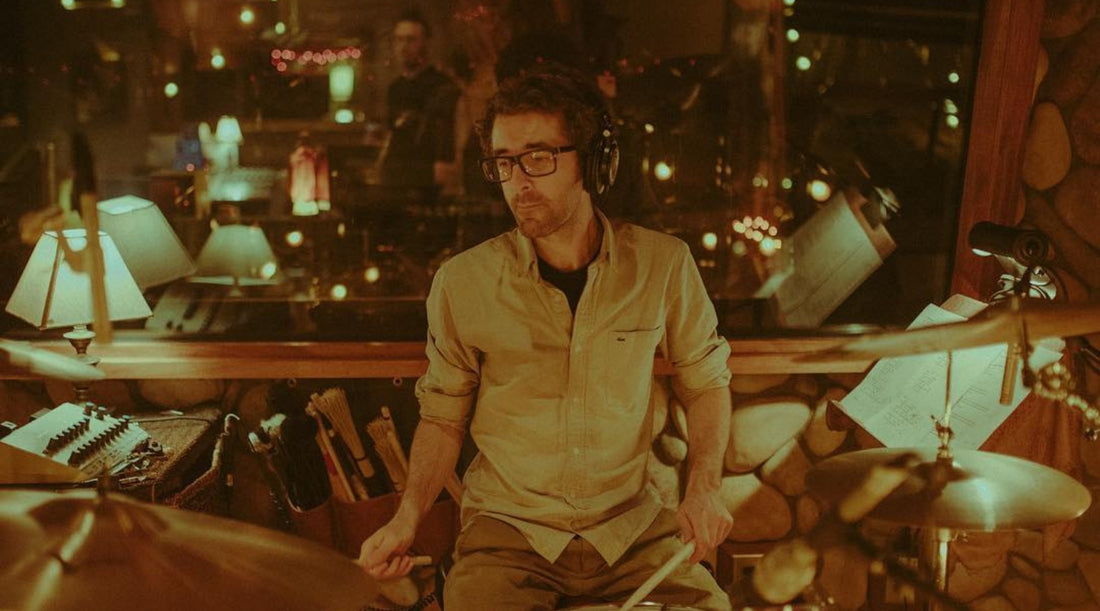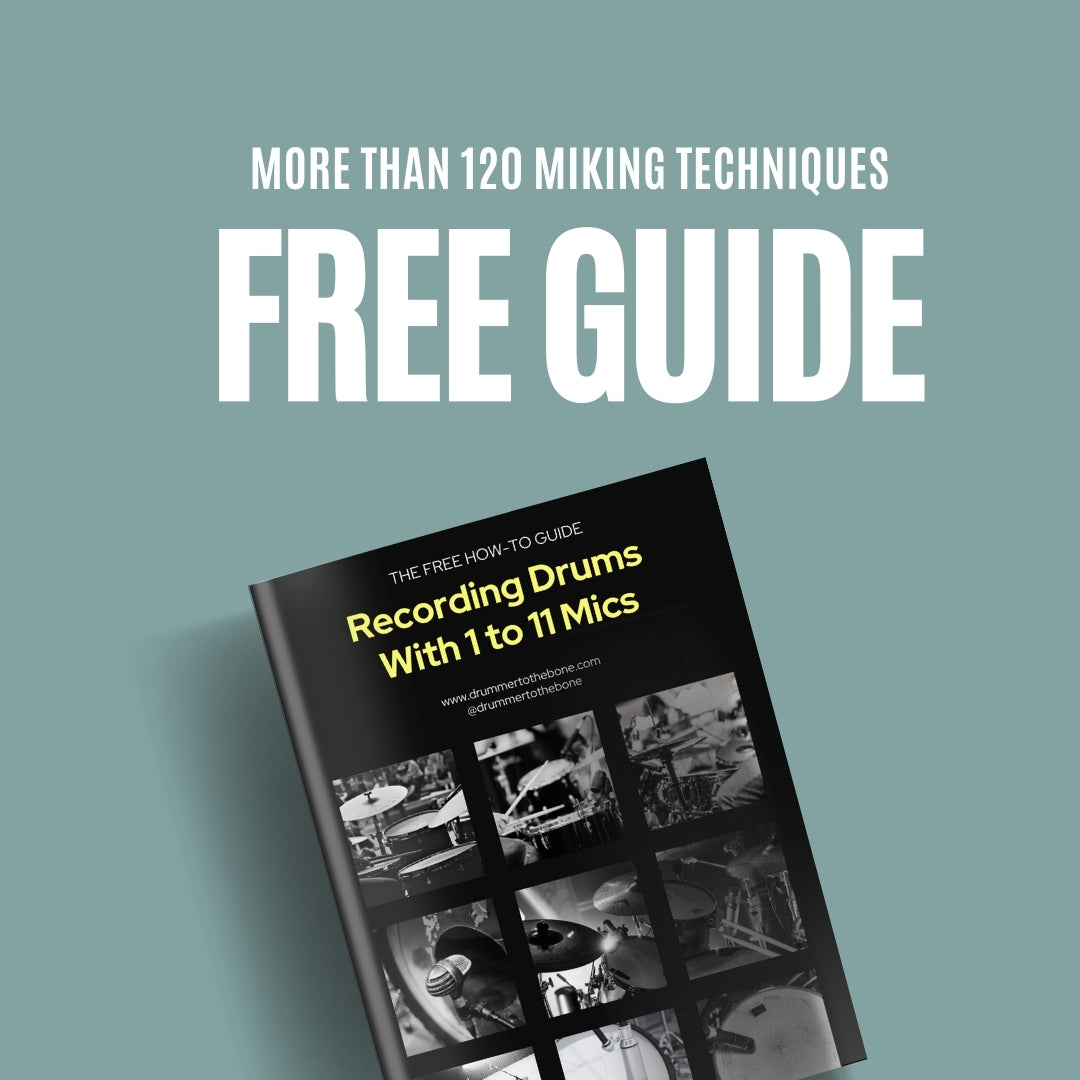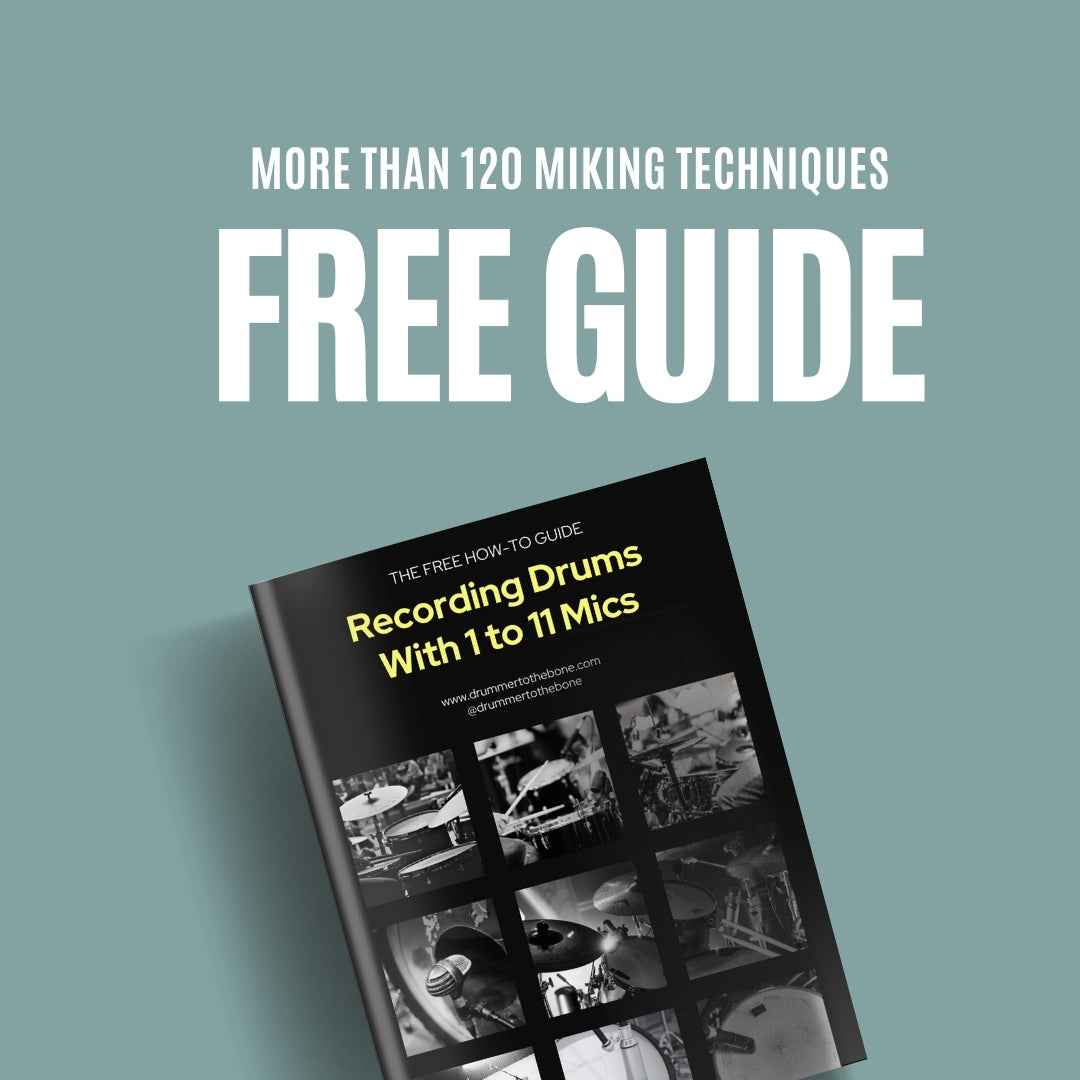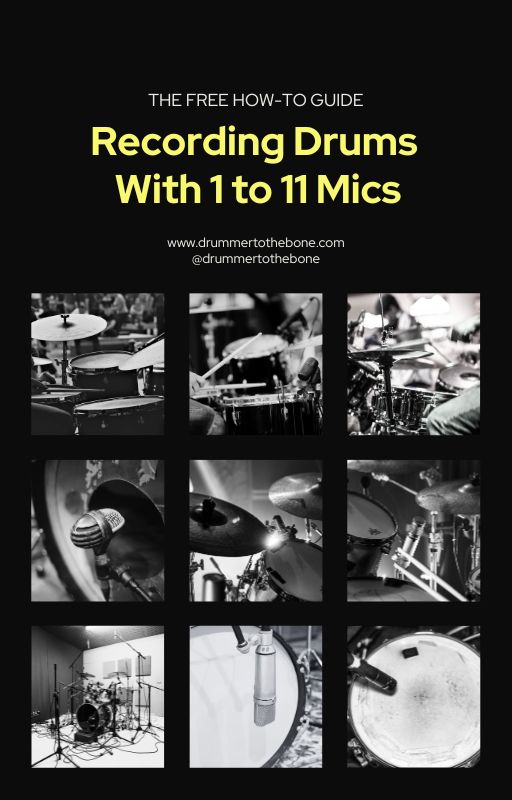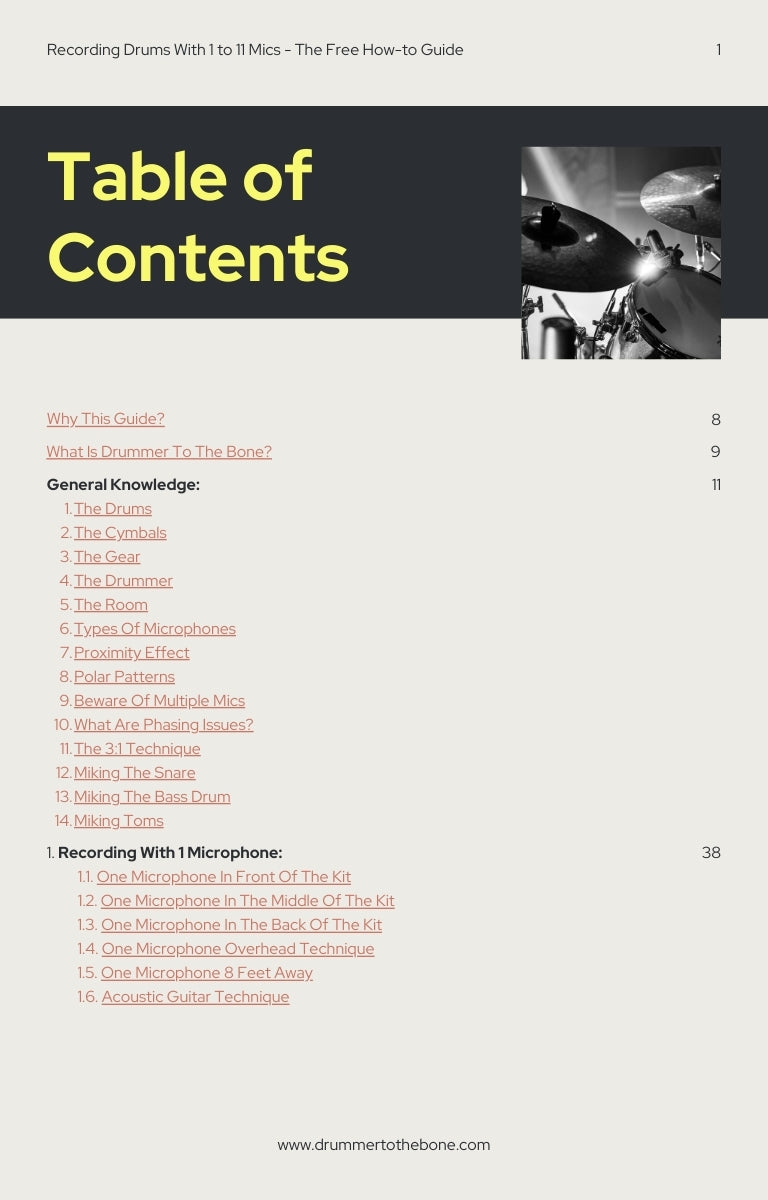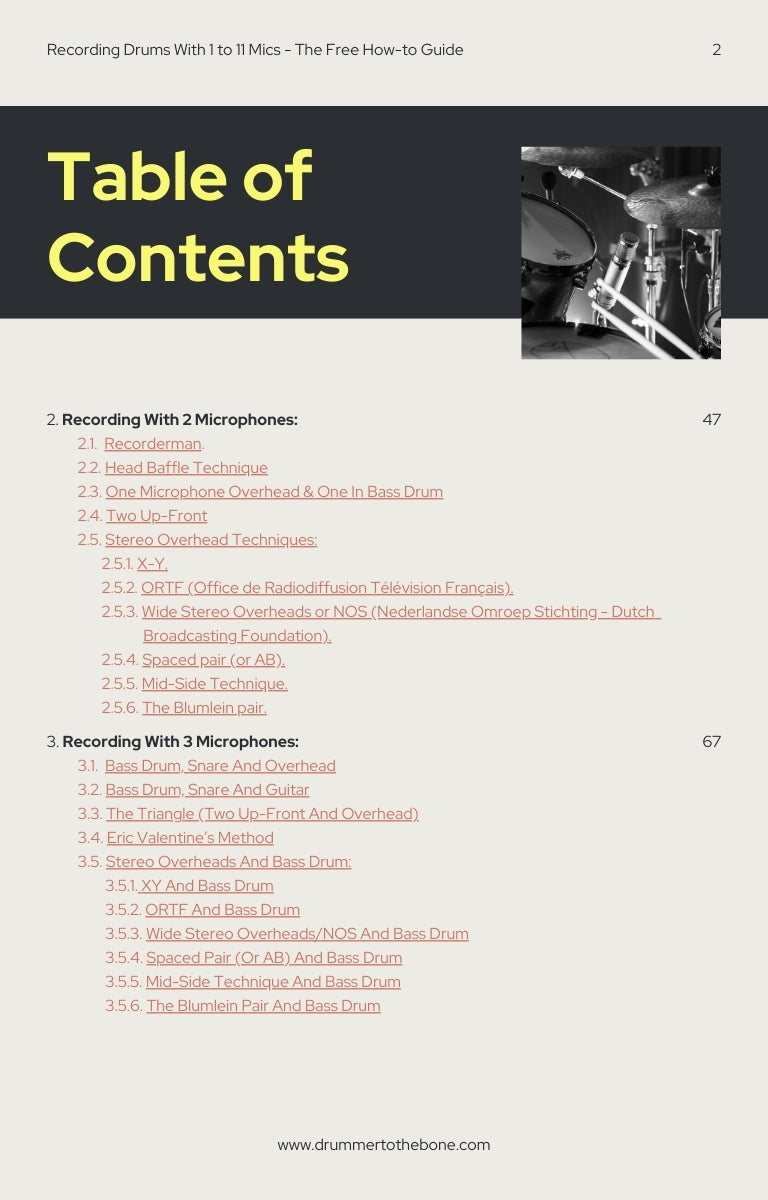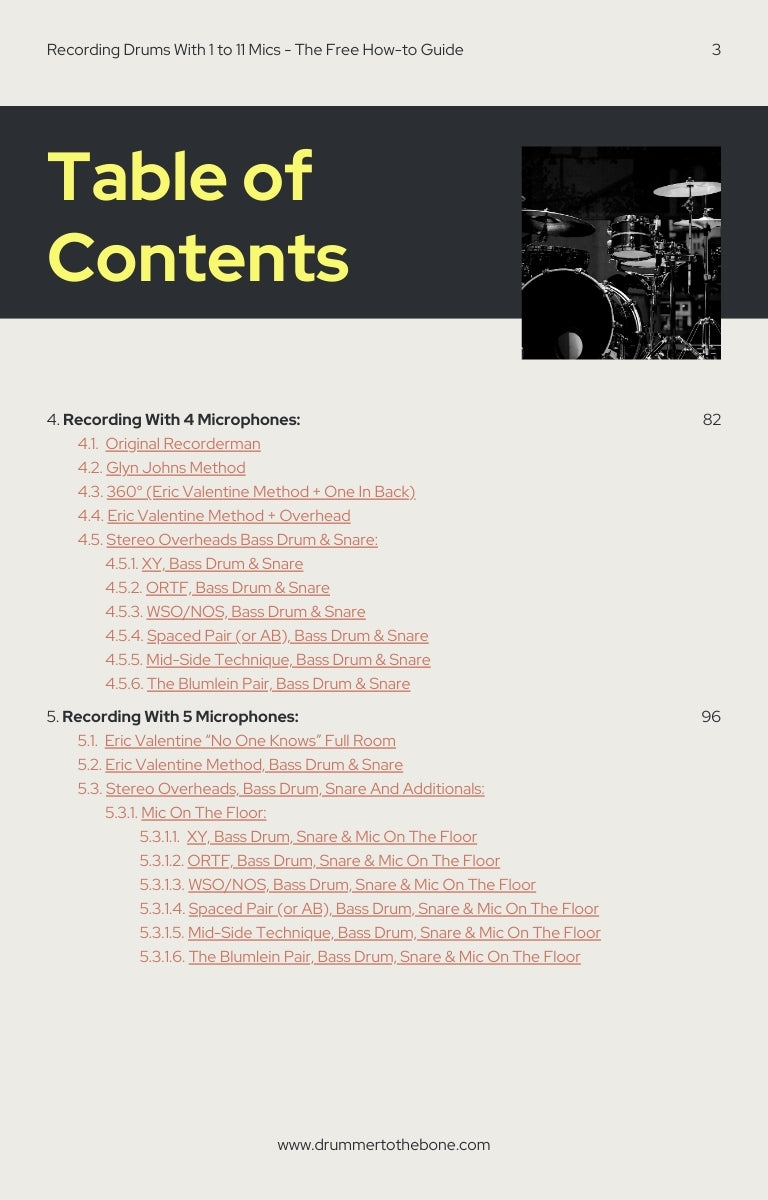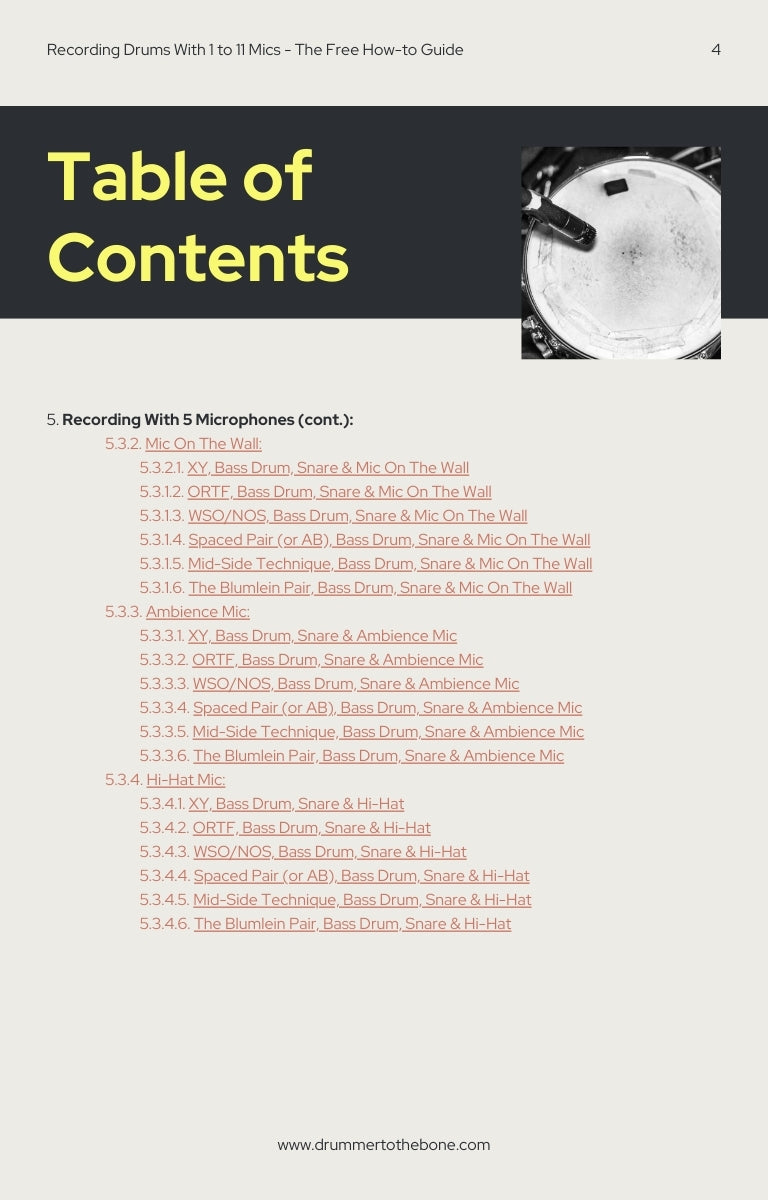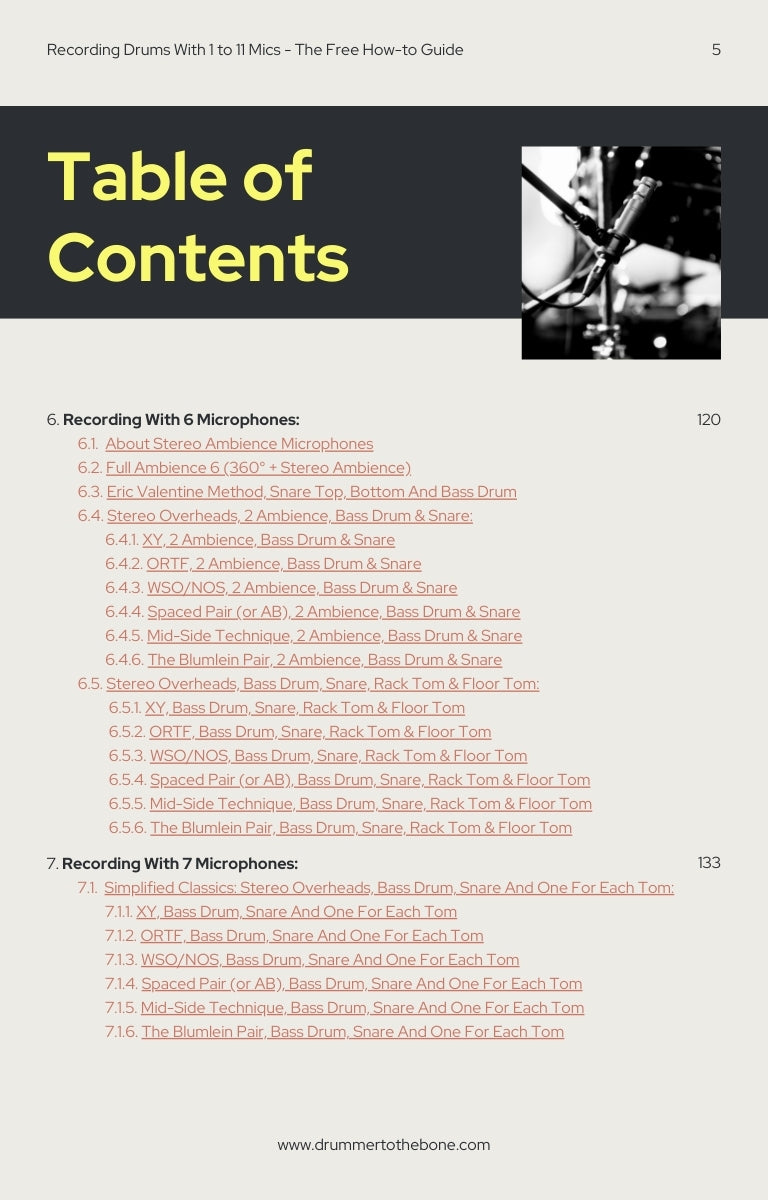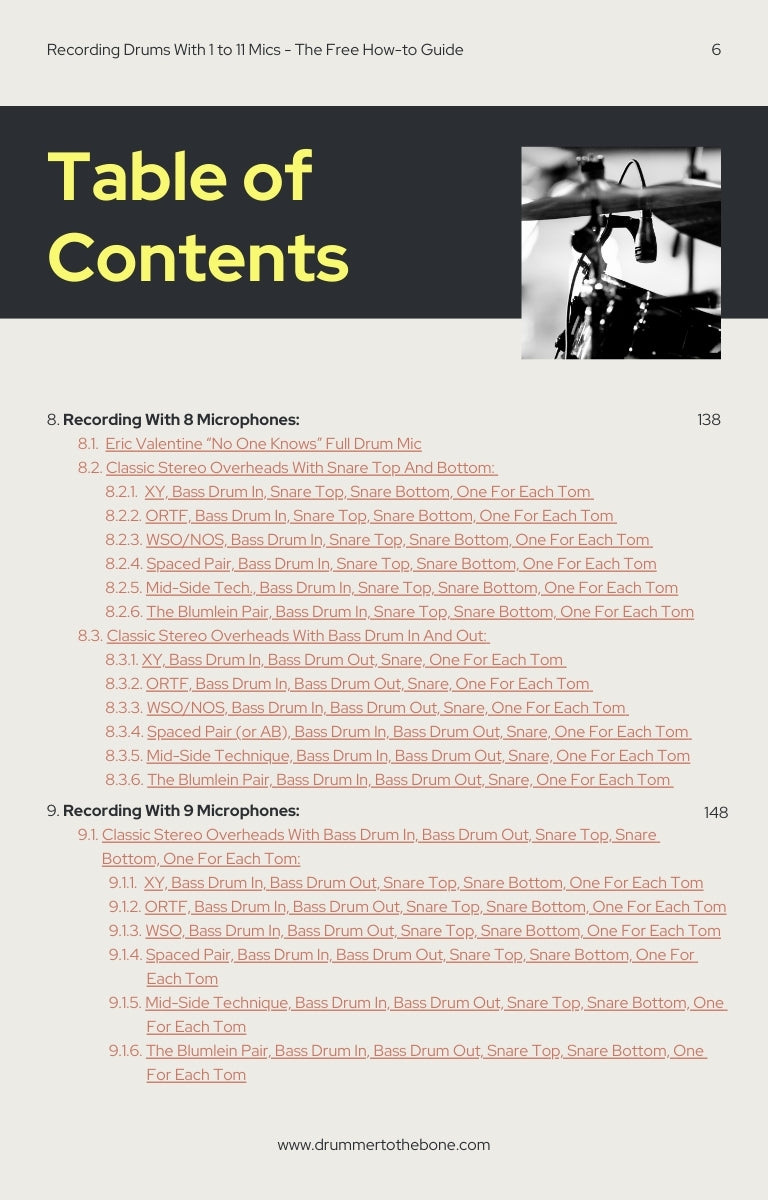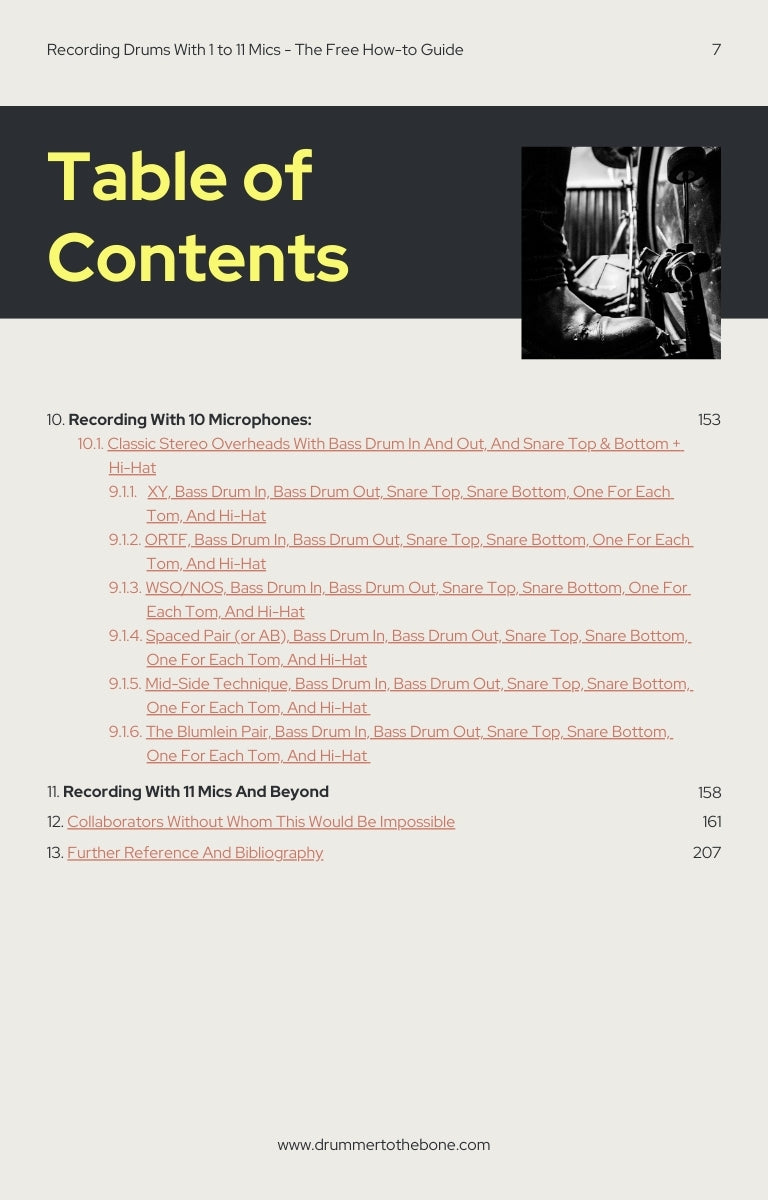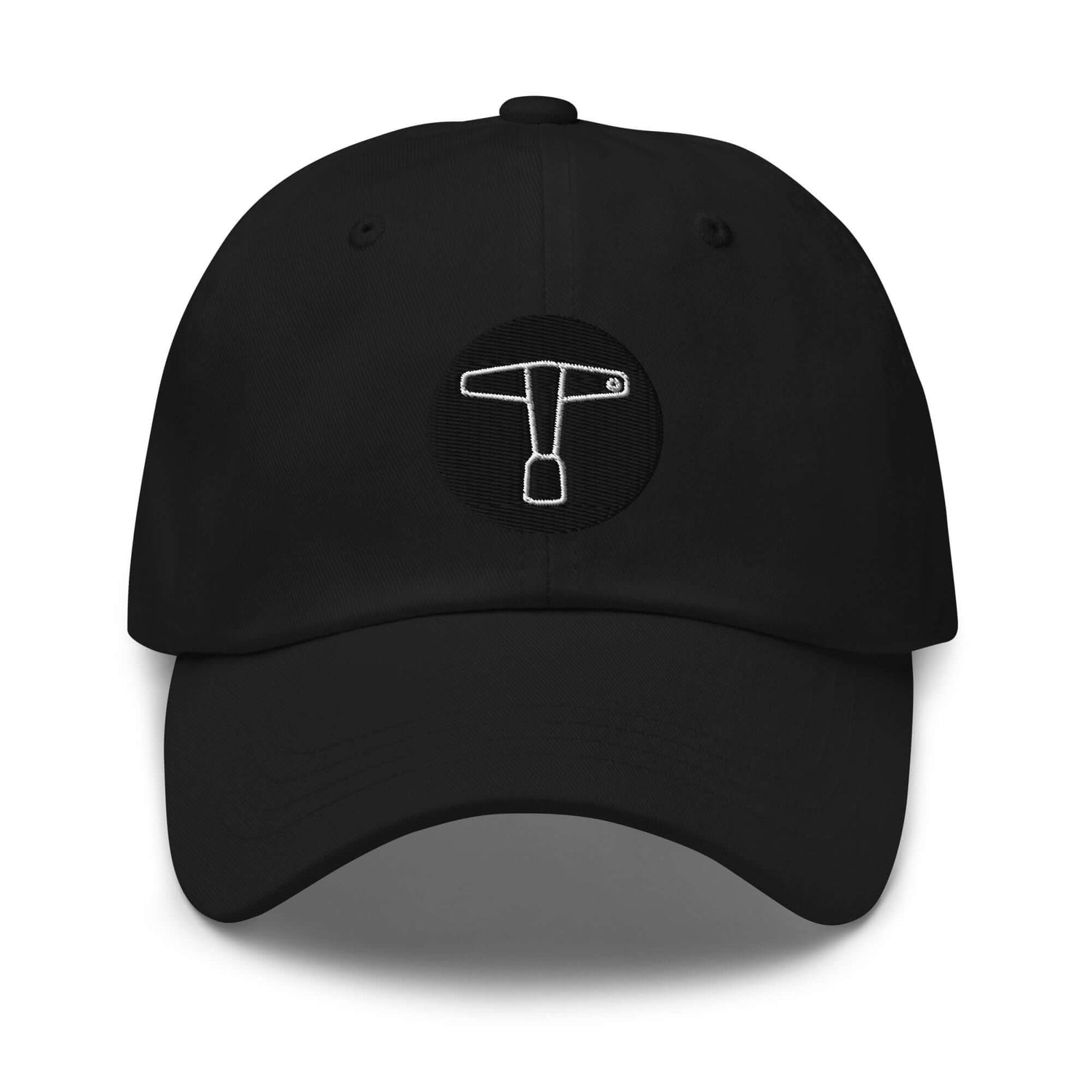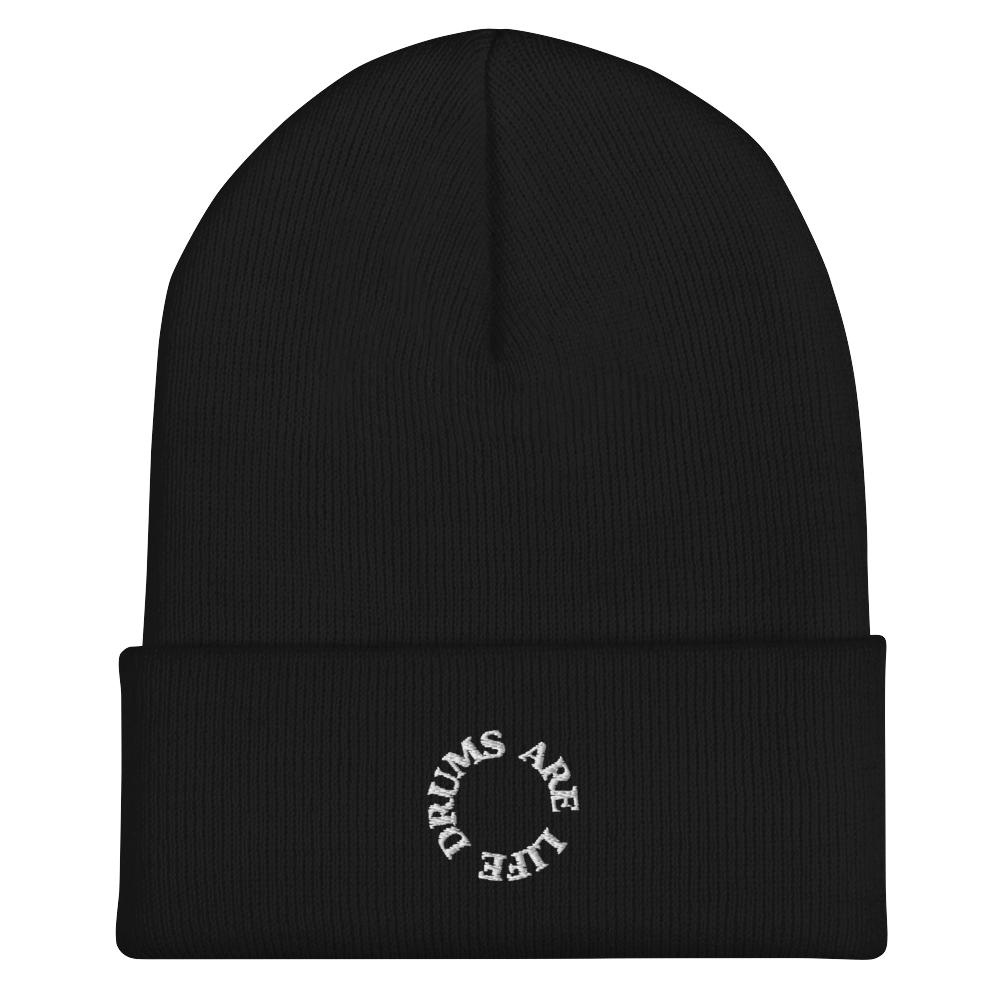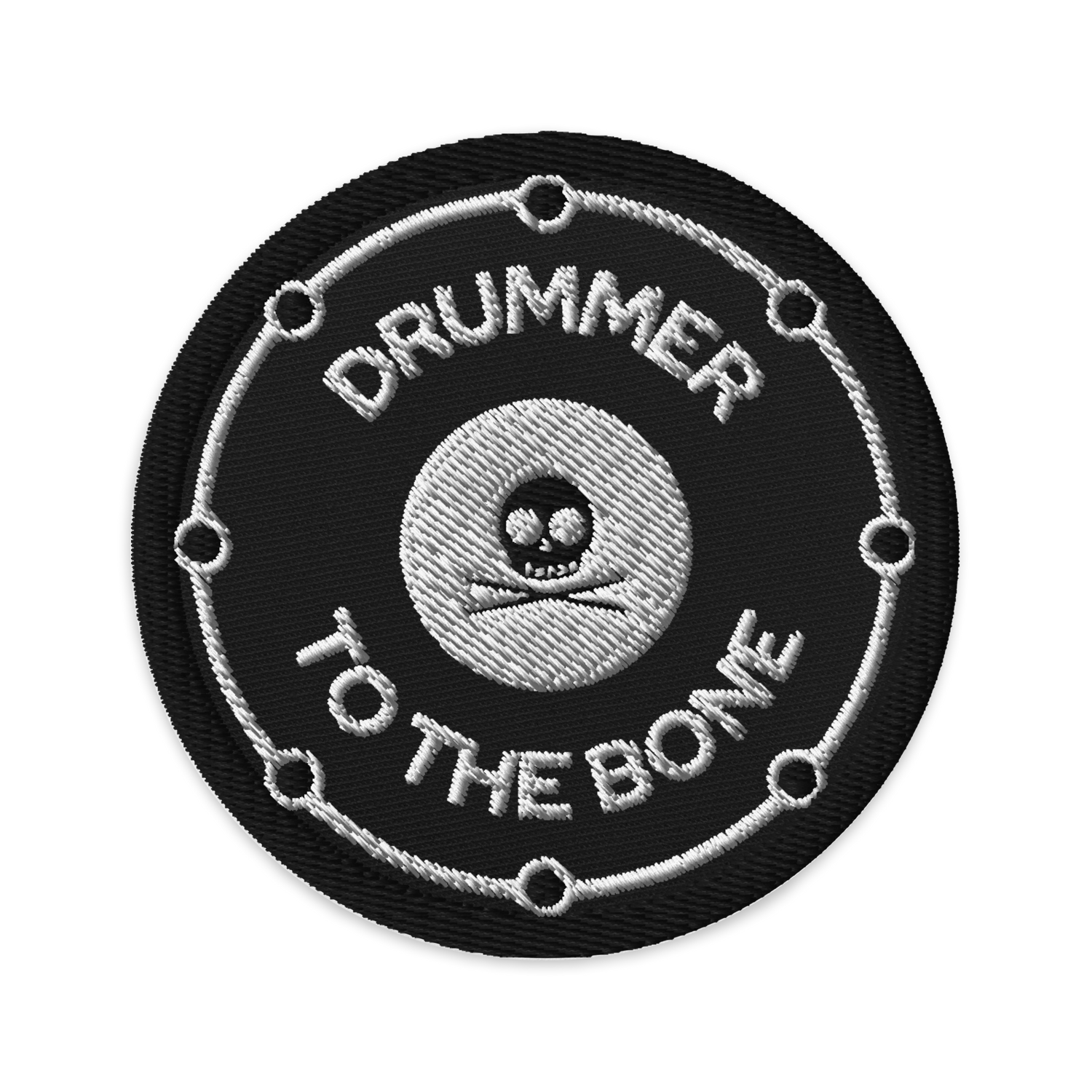
About Jon Truman
Jon Truman is a session drummer and producer based in Nashville, TN.
Busy in the studio and on tour, he has played with artists such as GAYLE, Carly Pearce, Stephen Day, Jude Smith, David Ryan Harris, Mason Ramsey, Josie Dunne, Marc Scibilia, Jordy Searcy, the band CAMINO, Max Weinberg, Thad Cockrell, Lilly Hiatt and so many others.

TOM: What are the keys to making it as a drummer in Nashville?
JON: One of the things that I think is really cool about Nashville is how relationship-based it is. Over here is like “are we going to be friends? If not, I don't know if this can work.”
I think it's really cool. You could be a killer drummer, but if no one wants to be around you, it's just not going to work out. People just want to be around if you're a good person.
It took a little bit to figure that out, and then started making friends.
I met the bass player and the lead singer of the first band that I toured with in Nashville, “The New Schematics”, at a house party. My first year and a half in Nashville I was with this group that I met randomly. I almost didn't go to the party.
Usually the best things happen when you go to these gatherings. You just got to meet people. That's really the secret. Be friendly, be outgoing.
You’ve got to go where the musicians are, to where the artists are. What's your mission? I wanted to move to Nashville to get more into recording music. Playing on albums, making records. That was my main reason to move here.

TOM: How long does it take to become a full-time drummer in Nashville?
JON: Probably about four years. The first two years, I was touring with that band, and then I left and they eventually disbanded.
And that was kind of a flex year where I am meeting people that set me in the direction I wanted to go. Some producers, musical directors and musicians.
That year I was just hanging out with friends. I eventually got called to play for Josie Dunn. She's a pop solo artist, and played in her band. It also taught me how to audition for a gig.
It was a video audition where I had to set up my drums, play the song, record it, and then send it out. And I got the call back from her.
That was 2018. I was like, “Somebody asked me to audition for a thing. Got the gig. Cool”. Did that for a couple of years. And things were looking like they were going to be really busy and exciting. And then COVID Hit. It was a bummer. 2020 was my five year mark in Nashville, which is kind of the benchmark, it's a five year town.

TOM: What are the keys to successfully do a video audition?
JON: You have to look the part. Don't be disingenuous. If it's a pop gig, you gotta wear something cool. Wear something nice. That's one aspect. People are looking at your gear, what are you playing? Do you have cheap hardware? Broken cymbals, cracked drums?
It's not what people are hearing, it's the visual. Take a shower, look nice. I had done an audition prior to that where I wasn't thinking of those things. And I still have those videos. And I look back now I'm like, “Man, I could have gotten that gig if I had addressed the visual side of it”.

TOM: Do you have a go-to mic set-up in the studio?
JON: I do stereo overheads, snare top and bottom, kick in, kick out. tom one, tom two. And then outside of that is where I add what I think, either based on the video I want to put out, or based on what the client or artist needs. If the artist is like, “I want really tight dry drums”, I'll probably just have the overheads, kick and snare. Maybe toms, maybe not. And bring the overheads really close. If they want a roomy sound, I'll set it up in a different place in my house. Like, my kitchen maybe.
I'm always asking questions like, what if this happens? I know what things work most of the time, like putting your overheads spaced evenly over your snare. And a kick, being in a certain place, is going to give you the basic sound of the drums. So I do those things first, making sure the fundamentals are good. Then I make sure that I leave room for that chaos, or like, what could happen? It's like yin and yang, you need the foundational thing to be good. But then you need this other side. I don't know what's going to happen, but this could be sick.

TOM: What is the skill that has helped you more in the studio? And why?
JON: Good question. I think really digging into what the artist or the producer actually wants. Asking questions. I used to be afraid of asking questions, because I thought it would make me look stupid or clueless. But I've realized that you need to ask questions, because sometimes people will say a thing, and it's not what they meant.
So if you’re talking to the artist, ask “what are you feeling?” “Where were you when you thought about this?”. Or asking the producer what their favorite records areJust trying to figure out the big picture, what's going on. That will help you navigate the song or what they're asking you to do a little bit better.
--
You can reach out to Jon through his website https://jtrudawg.com/ his Instagram / jtrudawg and his YouTube Channel @Jtrudawg Also, you can follow Jon on Spotify https://open.spotify.com/artist/0xmQEi40nziexIhErdHjeG
Want the full, unedited interview with Jon? You can check it out here:

